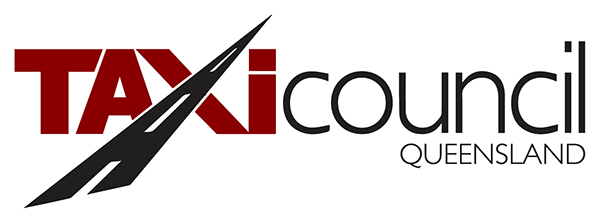Media release
27 May, 2019
The Taxi Council of Queensland (TCQ) welcomes the Queensland Government’s commitment to help Queensland taxi operators replace and update their wheelchair accessible taxis (WATs), with the Government today announcing its decision to provide dollar for dollar funding over the next four years.
TCQ reached out to the Minister for Transport and Main Roads, Hon Mark Bailey, about the issue, which resulted in the Government finding $21 million in their budget to support the replacement of older WATs. This was announced today on the Gold Coast at the Australian Taxi Industry Association’s annual conference.
TCQ CEO Blair Davies said it was great to see the State Government and the taxi industry working together to keep Queensland as a world leader when it comes to wheelchair accessible taxi services.
“The Queensland taxi industry has a proud history when it comes to transporting people with disability, and especially those who need to travel with their wheelchairs. Our approach has remained focused and uncomplicated. We just aim to give them access to the same quick, safe and reliable taxi services as every other member of the community that we serve,” said Mr Davies.
“The Queensland Government’s decision to help our taxi operators replace their older wheelchair accessible taxis is a fantastic initiative. TCQ reached out to Minister Bailey about a financing problem that was stopping our members replacing the ageing WAT fleet and pleasingly he has come back with a very welcome solution. It’s a very timely helping hand and one that is much needed.”
Under the funding, WATs aged eight years or older will be eligible for 50 per cent funding for gradual vehicle replacement from 2019-20 through to 2022-20. This funding will mean the Queensland taxi industry can continue their commitment to deliver the world’s best practice in wheelchair accessible taxi services.
“Accessible taxis remain the sole mode of transport for many members of the community and this funding will mean our taxi operators will be able to maintain their fleets and continue to provide affordable, accessible transport for those who use wheelchairs or other mobility devices,” continued Mr Davies.
ENDS
